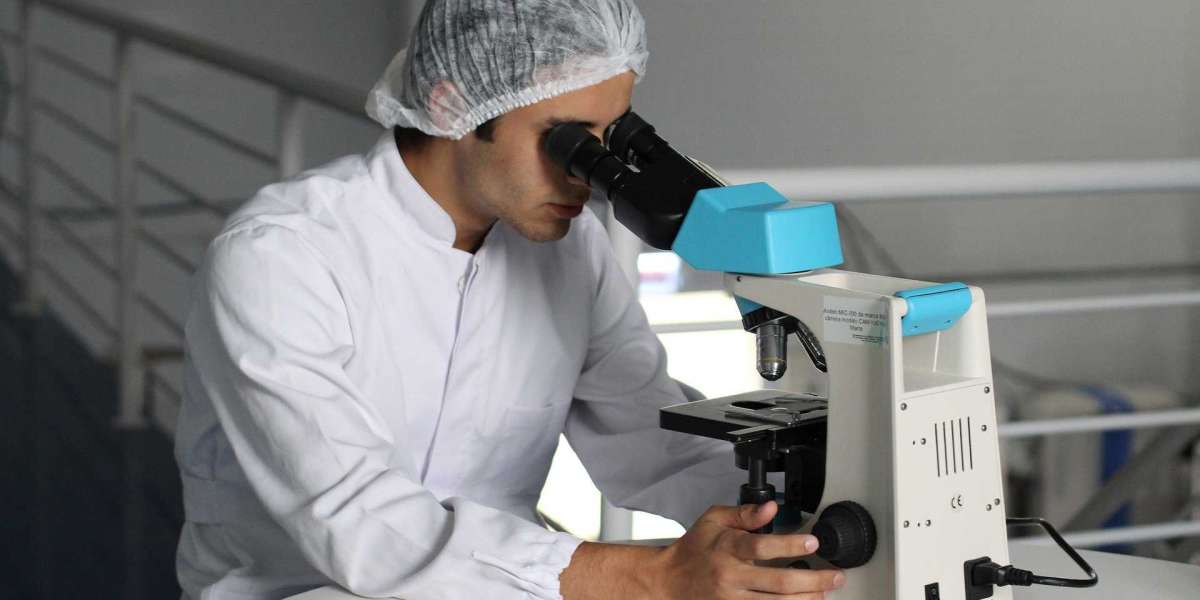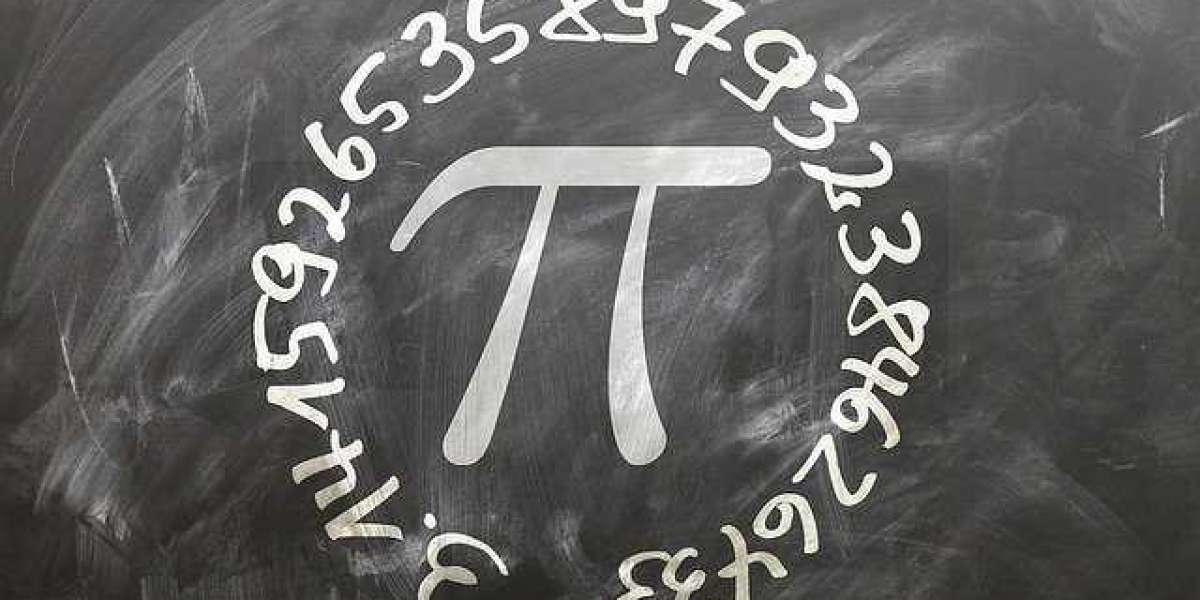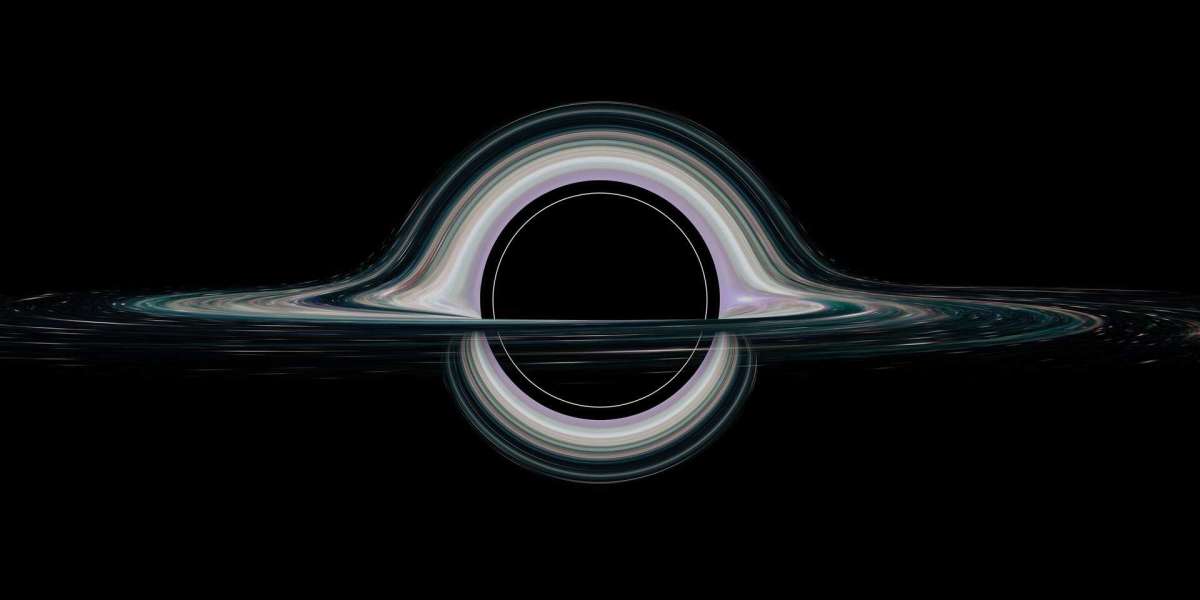In response to Russia's invasion of Ukraine, Spain's Ministry of Science will examine possible scientific ties between the two countries. There had already been a demand from some of Spain's most prominent scientific groups to "stop with immediate effect" any possible cooperation between the two countries, which Minister Diana Morant announced on Twitter this morning.
The European Union's Science Ministries will meet in Brussels and Marseille to discuss Russia's participation in scientific initiatives and programs, respectively, after the country's withdrawal from the EU. As with the rest of Spain's response to the invasion of Ukraine, Morant stated on the same social media platform that "our will is to reach coordinated responses within the European framework so that they are more effective."
Furthermore, "science must be at the service of peace and development in people's living conditions," he said.
COSCE, FACME and CRUE issued a statement on Wednesday expressing their solidarity with the people of Ukraine and the Spanish scientific community. They were joined by the Conference of Spanish University Rectors (CRUE). This was viewed as "an attack on the values of freedom and democracy, foundations for research freedom and prospects for international academic cooperation" by the three institutions.
In light of these concerns, they asked for "immediate freeze" of all Spanish-Russian scientific cooperation "until further notice." Numerous scientific initiatives will be impacted by this recommendation, as we are well aware. The Russian experts who have spoken out against the invasion of Ukraine deserve our support. An open letter signed by over 5,000 Russian scientists and popularizers expresses concern that international isolation will hinder their ability to carry out the work they love.
Additionally, these organizations advocated promoting bilateral research cooperation with Ukrainian scientists and providing host programs for those who are compelled to leave their home countries due to political unrest or persecution.
There will be no new scientific cooperation projects between the European Union and Russia, the European Commission (EC) said Wednesday. Five Russian research organizations have agreed to pause the preparation of a scholarship agreement, halting the signing of contracts and delaying the payment of those already signed.



